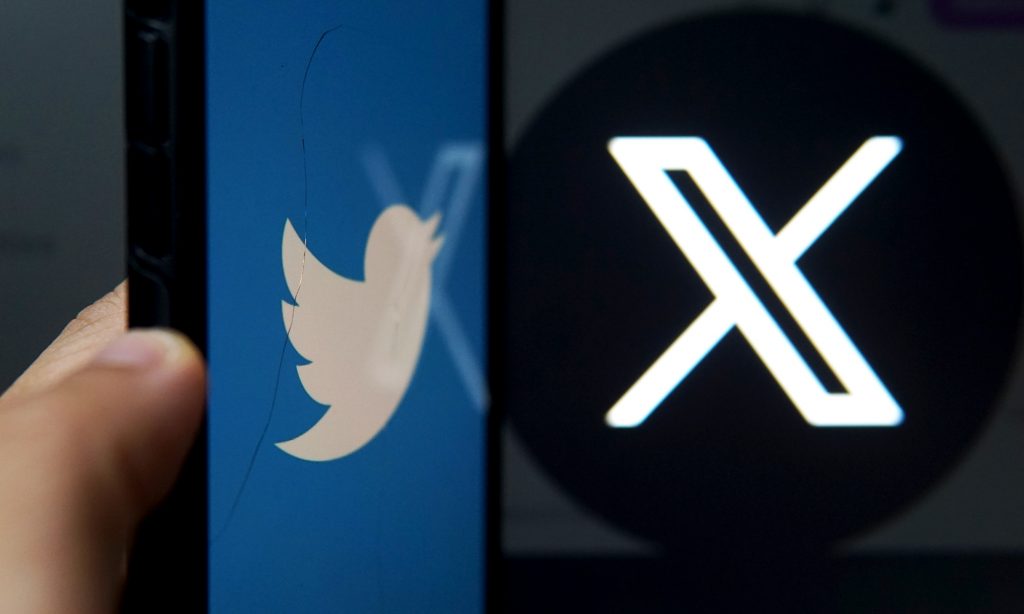On a pivotal Tuesday, Twitter, formerly known as X, was thrust into turmoil as its services experienced a huge disruption. The Anonymous Sudan hacking group, employing a Distributed Denial of Service (DDoS) attack, inundated Twitter’s servers with an overwhelming surge of traffic, effectively rendering the platform inaccessible for several hours. Downdetector tallied an astounding 20,000 outage reports from users across the United States and the United Kingdom.
In a communication via Telegram, these hackers issued a direct plea to Elon Musk, beseeching him to “Open Starlink in Sudan.” While their tactics were disruptive and contentious, they represented a desperate endeavor to shine a spotlight on Sudan’s dire predicament, where sporadic internet access has become a lamentable norm due to the ongoing conflict.
In an interview with a member of the hacking group, who goes by the name Hofa, it became evident that this attack transcended mere cyber chaos. Instead, it was a meticulously planned campaign to raise awareness about Sudan’s ongoing strife. According to Hofa, Sudan’s conflict has dealt a devastating blow to internet accessibility, making it a paramount issue in need of resolution.
Despite allegations linking them to a Russian cyber-military unit, the Anonymous Sudan hacking collective vehemently disavowed any ties to Russia. They presented compelling evidence to establish their presence in Sudan, including photographs of Sudanese passports and screenshots taken within the country. They ardently emphasized their goal of showcasing Sudanese talents and capabilities, asserting that their group comprises a small cadre of indigenous Sudanese hackers.
In a surprising twist, the group expressed gratitude towards Russia, citing Russian support during Sudan’s tumultuous history. This sense of indebtedness led them to align themselves with the Russian government, especially following the mutiny led by Wagner Group Chief Yevgeny Prighozin. They viewed their actions as a means to repay Russia for its unwavering support during Sudan’s own civil strife.
Despite their relatively modest numbers, the Anonymous Sudan hacking group has managed to disrupt services in various countries, including France, Nigeria, Israel, and the United States. Their actions serve as a stark reminder of the potency of hacktivism in drawing attention to critical global issues, highlighting the urgent need to enhance internet accessibility in regions ensnared by conflict.
The recent cyber offensive may have momentarily crippled Twitter’s services, but its principal objective was to thrust Sudan’s ongoing tribulations into the international spotlight. While the group’s methods are contentious, they underscore the pressing importance of addressing connectivity challenges in conflict-ridden areas and underscore the potential influence of hacktivism on the global discourse.

